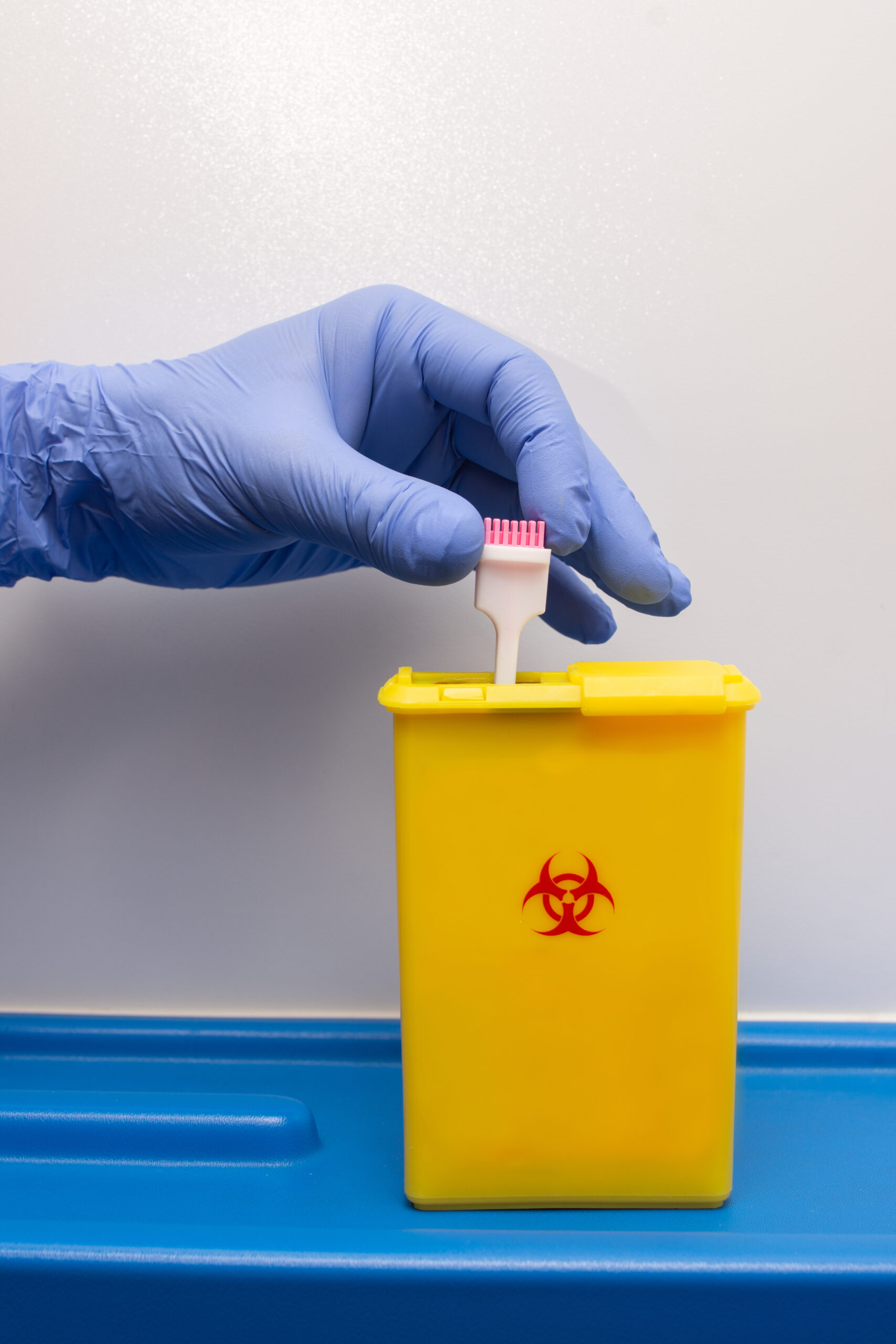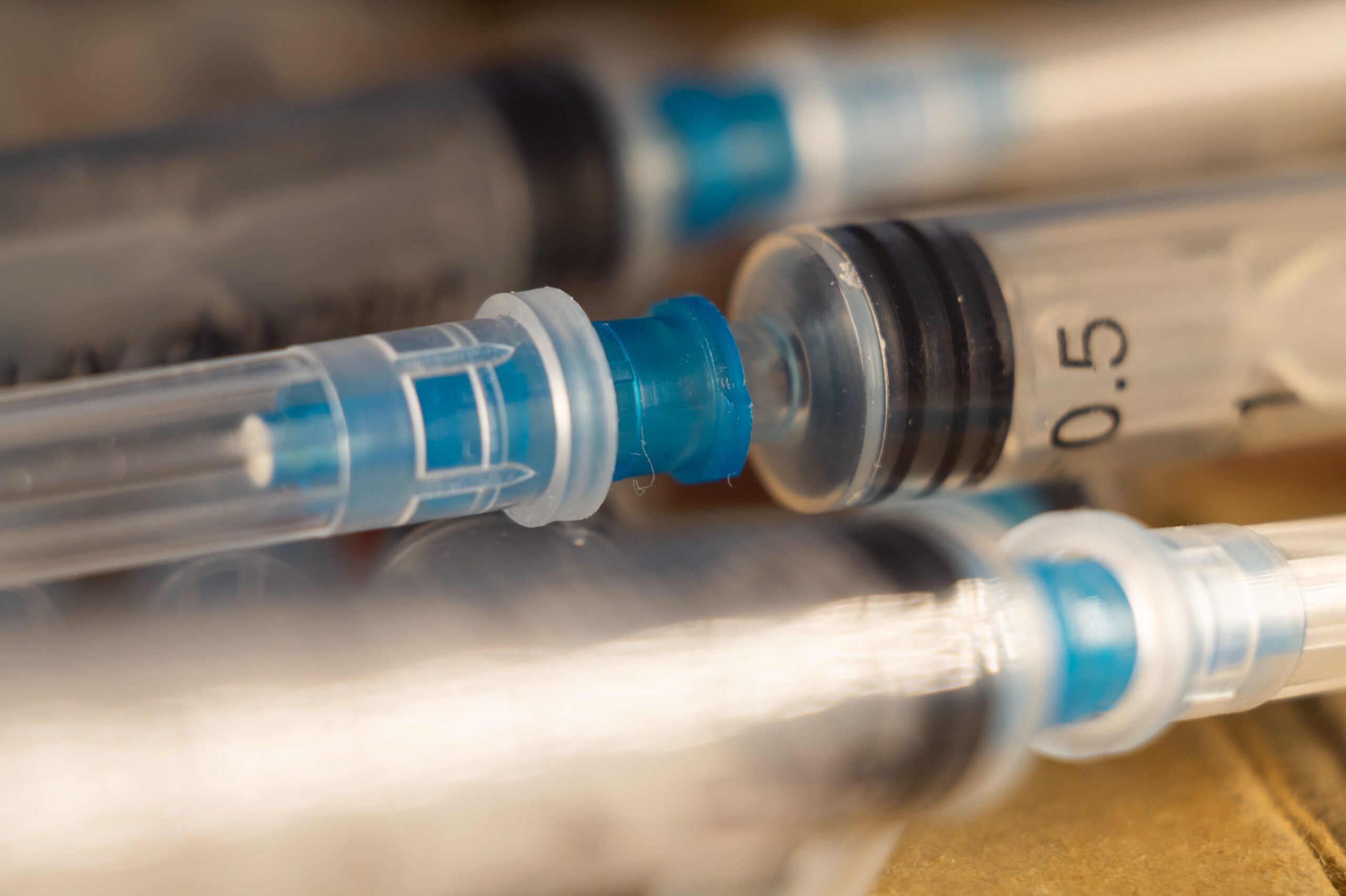Managing your blood sugar levels is integral to staying healthy for those with diabetes.
Your doctor may have recommended a diet or medication to help you better manage your blood sugar. You can also make some simple lifestyle changes that can help you control your blood glucose levels, including eating three meals a day at the same time, choosing foods with low glycemic index, and checking your level before and after exercise or bedtime.
Throughout November, diabetes awareness month, we will share some of our favorite tips and tricks for managing your blood sugar levels and how to live a more fulfilling life with diabetes.

Simple Lifestyle Changes Go a Long Way
Although diabetes is a chronic condition that can be controlled with the proper care and treatment plan. Managing your blood sugar levels is an important part of effective diabetes management. When you eat food containing carbohydrates, your body breaks them down into simple sugars that are absorbed into the bloodstream through your digestive tract. The pancreas releases insulin that helps move these sugars from your bloodstream into cells throughout your body, where they become fuel for your daily activities and bodily functions. Blood sugar level tests are done to check how much glucose is present in the blood at any given time. Glucose is a sugar found in foods like fruits, vegetables, and grains. If your blood sugar levels are not where they should be, you can adjust your diet and exercise routine for the day to readjust.Timing Your Meals, Snacks, and Glucose Checks
Monitoring your blood sugar level is essential in managing diabetes. The first thing to do is to check your blood sugar level before and after meals, exercise, or before and after bedtime. Use a blood glucose meter to check your level. How often you should check depends on your health and treatment plan and the severity of your illness. Here are some tips for ensuring a stable blood sugar level.- Eat three meals a day at the same time each day.
- Eat small meals and snacks throughout the day instead of large meals.
- Make sure to eat breakfast, even if you're not hungry.
- Always carry glucose tablets and/or hard candies to bring your blood sugar level back up quickly in an emergency situation.
- Avoid caffeinated beverages (for example, coffee) as they can dehydrate you and make it more difficult for your body to absorb the nutrients from the food that you eat, especially if you do not have diabetes or pre-diabetes yet.
What is a Healthy Diet for Someone with Diabetes?
A healthy diet is another important factor in blood sugar level control. A diet that includes whole grains, complex carbohydrates, lean protein, and low-fat dairy products can help you better manage your blood sugar levels. Complex carbohydrates are slow-digesting and can also help stabilize blood sugar levels by slowing down glucose absorption into your bloodstream. Lean protein foods such as fish, poultry, and legumes are also important for a healthy diet because they contain essential vitamins, minerals, and other nutrients that may help lower cholesterol levels or promote weight loss – both of which have been shown to improve your insulin sensitivity levels over time. Avoiding high glycemic index foods like white bread, pasta, processed foods, and sugary snacks will help limit spikes in your blood sugar levels, which can trigger an insulin response.
Use FDA Approved Monitoring Systems
The Food and Drug Administration sets out clear guidelines for safe products to use as a diabetic when monitoring your blood sugar levels. Med Lab Supply offers the best products for your diabetic needs at Med Lab Supply. We also have great deals on diabetes-related products for your convenience. We sell only the most popular and highest quality syringes online, all prepared with an eye to affordability. We provide our customers with high-quality customer service and unbeatable pricing. To keep your monitor and other diabetic supplies functioning in tip-top shape, you should:- Store your meter and needles at room temperature, which is generally between 68°F (20°C) and 77°F (25°C). It's best not to put it in a refrigerator or freezer.
- Don't leave the meter of needles out of their case to avoid damage from dust or liquids.
- Avoid getting water on the meter if possible; if this happens , wipe off any moisture immediately with a soft cloth or paper towel.
Keeping Track of Your Appointments and Medication Dosages
For the best possible diabetes management, timing is critical. To keep an accurate record and timing schedule of doses and blood sugar check-ins, many people with diabetes use some calendar or agenda system. Some options would include the following:- A calendar on your phone with daily reminders
- A paper planner with reminders and spots to fill in dosage amounts.
- Set alarms that go directly to a smartwatch or other electronic device.
Recent Posts
-
 Yesenia05/23/2025
Yesenia05/23/2025Syringe Filters-Why They Matter in Laboratory Applications
-
 Yesenia05/15/2025
Yesenia05/15/2025Proper Disposal of Used Syringes and Needles: A Complete Guide
-









